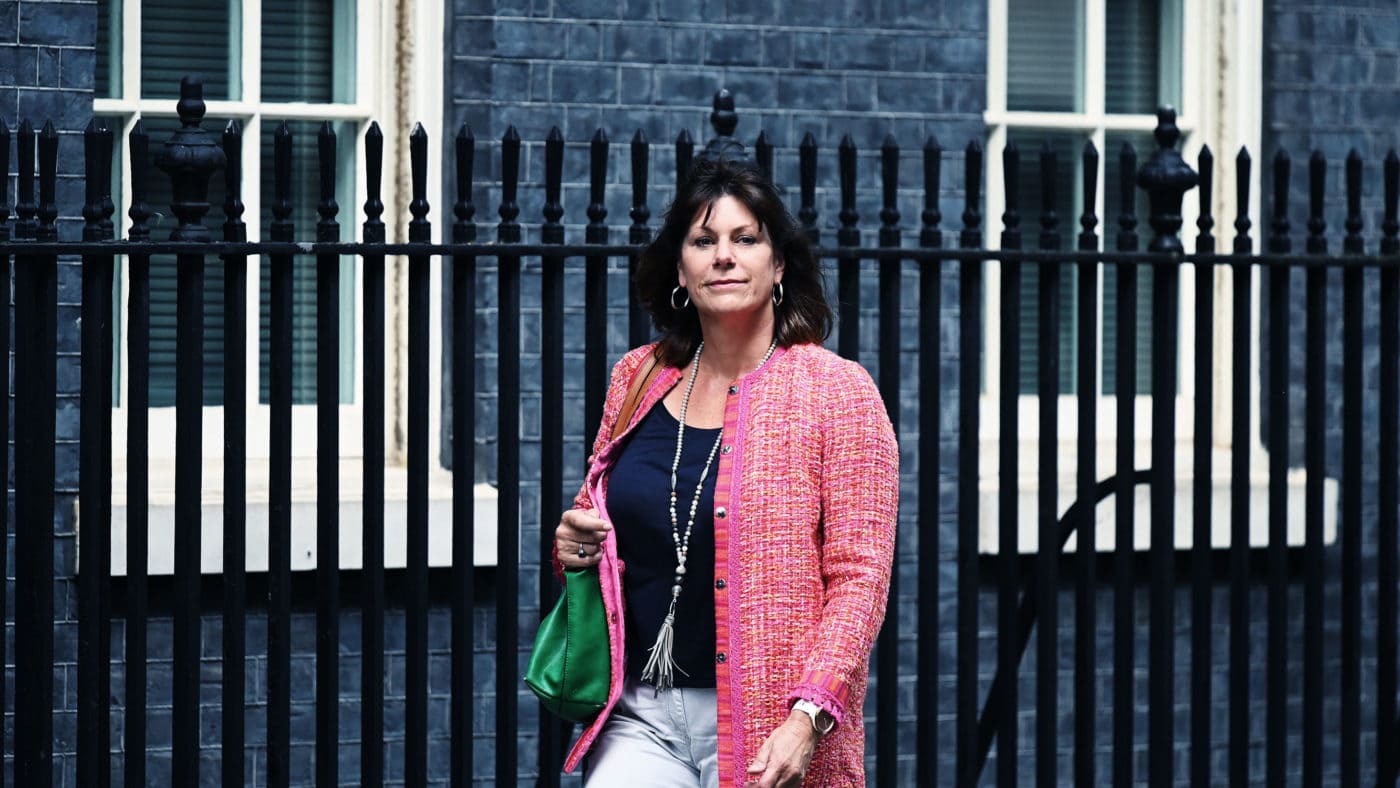It looks like former Energy Minister Claire Perry O’Neill has got back to her roots. Despite her election as a Conservative MP in 2010, the Guardian giddily described Perry O’Neill as “having shown no previous commitment to Conservative politics’ and reported she had ‘flirted with the Labour party as a student’. Now she is back to praising Labour, telling Times readers that the party has ‘put energy at the top of their proposed new government inbox’, with a ‘serious’ approach in contrast to the Tories.
As with all defections, it’s normally the weathervane centrists who jump first. The trouble for Perry O’Neill is that the UK’s energy policy has been woeful for at least a quarter of a century, not just the last 13 years. Failure cannot be pinned on any one party and being schooled on seriousness by a politician previously known for opining more on ‘blowjobs’ than wind farms is like getting a lecture on conflict resolution from Prince Harry.
Regardless, the central problem with energy policy is one that Perry O’Neill endorses: making a fetish of decarbonisation, when other goals like security of supply and affordability are generally more important. Pursing the former without the latter means the lights go out, businesses fold, and many vulnerable people freeze to death in winter. It is neither an election winner nor a moral path.
Arguably the Labour party is the most responsible for setting that agenda. Ed Miliband’s 2008 Climate Act has spurred a growing bureaucracy and mindset in Westminster that all green projects are good, and all fossil fuels bad, such that we have both overpaid for the former and become reliant on imports for the latter. This, despite having 50-100 years supply under our feet.
It encouraged a return to the failed policies of the past. We now find ourselves in a position where ministers are picking technology winners (or more frequently losers) and imposing the costs of their failure on the public rather than investors. The Coalition signed off Hinkley Point, described by Greenpeace as ‘the most expensive object on earth’. The Conservatives alone undermined fracking. Meanwhile, Labour are flirting again with marine and tidal power, which so far have proven elusively expensive, and with a national plan for insulating homes, which shows no understanding of why all the previous efficiency schemes didn’t work.
All parties are now supportive of price controls (and related subsidies) – where they delude themselves that national politicians can set prices reflective of imbalances in global supply and demand and future taxpayers will underwrite the difference. This rather than targeted support and letting the price mechanism work. Labour’s main contribution to the debate over the Energy Price Guarantee was a ‘generosity arms race’, mixed with the unserious claim that it could be funded by windfall taxes. The outcome was the October crisis of market confidence in UK plc after the Truss administration appeared to create an unlimited liability linked to global events.
And a final warning to those on the opposition benches: the spectacular bankruptcy of EDF should deter Labour from pursuing GB Energy. Like the French state nuclear behemoth, the body will be directed by politicians responding to headlines, not industrialists to market discipline and prices. The very thing Perry correctly criticises her former colleagues for doing.
A serious approach to energy requires three things. First, the prioritisation of security of supply over affordability and decarbonisation. Second, dealing with the latter through carbon prices and markets, not targets. And, lastly, accepting change will be unpredictable rather than directed. Politicians have lost their ability to just let markets work. No one is offering that, and a future Labour government will likely double down on intervention instead. Perry O’Neill may have a role in that future, but it isn’t serious.
Click here to subscribe to our daily briefing – the best pieces from CapX and across the web.
CapX depends on the generosity of its readers. If you value what we do, please consider making a donation.


